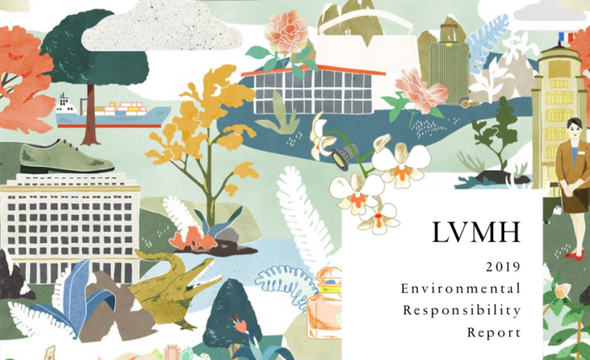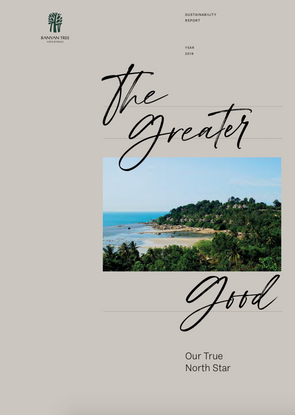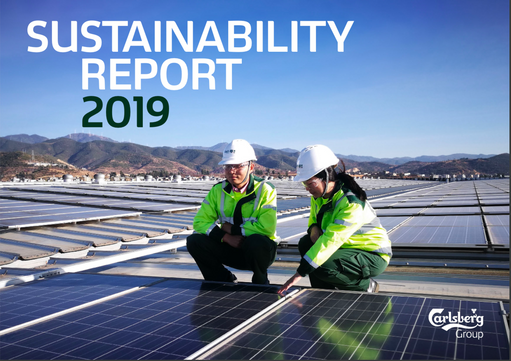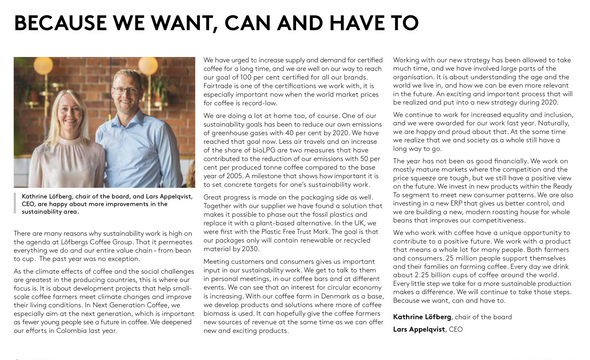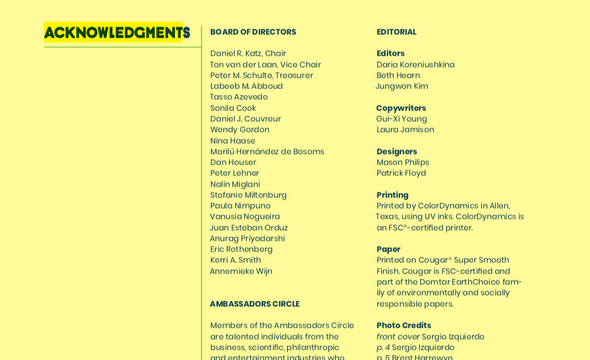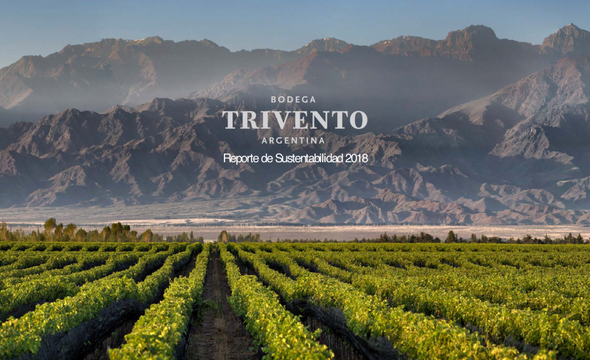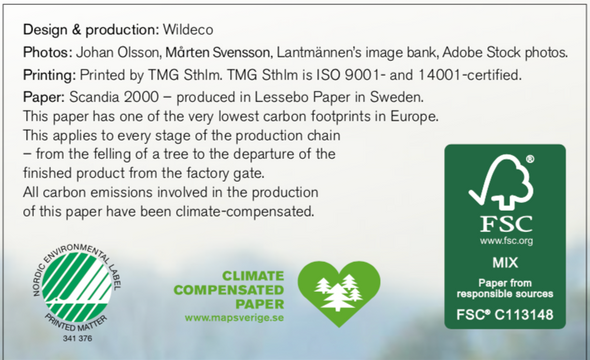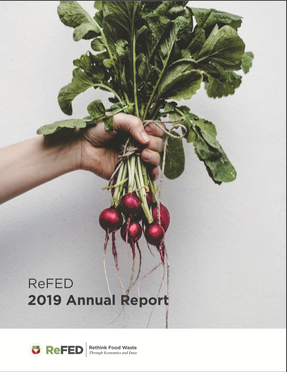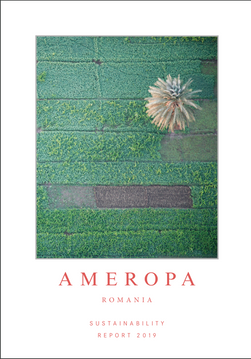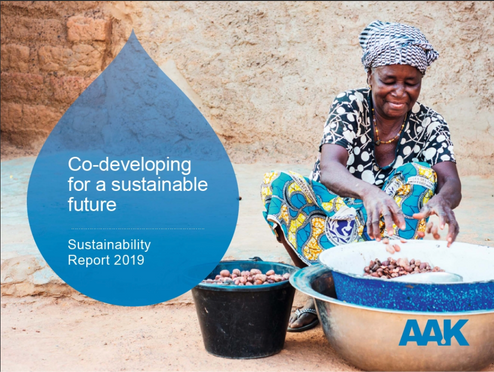They have authors, readers and a publisher.
Sustainability Reports are books
" Our aim is for people to open the book..."
Felipe M. Guerrero, Director of Sustainability
Daabon, Santa Marta, Colombia
Readers, Authors, Publisher
Hallbars takes the reader's point of view. As a book, the format, the design, the style, the writing become important to increase the impact of the content and give value to the efforts of the authors. Usually the authors are a team, headed by an editor in chief, who may be the person directly responsible for sustainability. Often there is input from the investor relations department. As for a book, the publisher is the corporation or the institution that publishes the report. A few reports do have ISBN as books do. The team of authors is often both internal to the publisher and external, with specialized consulting firms being very helpful.
Road Shows and media
The corporate road shows are both national and international., bringing together the corporation and investors as well as financial media. Authors signing for books are usually in national retail book stores. Financial media are used by reports very much in the same way as book authors use lifestyle media. However it has been more difficult for sustainability reports to reach their stakeholders beyond the financial world.
Foreword and CEO Letter
More often than books, Sustainability Reports usually have a foreword or introduction. It is in most cases the CEO Letter, with a strong majority of men. Few reports take advantage of having more than one foreword or introduction, which is acceptable for books.
SWEDEN - Lofbergs Coffee Group -
Our Sustainability Report 2018-2019, 56 pages.
Acknowledgement and thanks
It is quite usual in books to have an Acknowledgement or Thank you page written by the authors, written separately if there are several authors. For sustainability reports, it is more unusual. to have Acknowledgements, though it is increasing. The CEO letter in reports is often a thankful note.
NETHERLANDS - Rain Forest Alliance -
Our alliance in action. Annual Report 2019, 23 pages.
Photography, Illustration, Design
The photography has become a key element in the reports. More and more commission their own photography rather than using stock photo. There is the start of using artists for illustrations, a rising trend in books, but not yet really widespread in sustainability reports. At the start , like books thirty years ago, the space in sustainability reports was 1-text, 2- photo, 3 white. Like books, the trend is now for the space on the pages of sustainability reports to be 1- White 2 - Photos and graphics 3- Text
Formats
Contrary to books, there is very little diversity in formats. Nearly all reports are in the A4 vertical format, which makes them easy to file if printed. A minority are A4 horizontal, making them unusual. The horizontal format is well acepted for digital. Extremely few are A5 or another format. In fact when the report is not in A4 , it loses the accepted format for reports, and becomes more like a brochure, less than a serious report, less than a book.
The cover
Books are more respected as hardcovers than softcovers. Nearly all sustainability reports are soft covers, when printed on paper. Extremely few are hard covers. The case of Talawakelle Tea Estates of Sri Lanka is quite unusual, but deserves attention. For instance their 2017 or 2018 reports " To The Rythm" or " Cultured" both had approximately 300 pages with embossed hardcovers. Their 2019 report is a soft cover. Many reports are available in print and digital. More and more are available digital only, for cost and sustainability.
Printing
When printing, many reports pay extreme attention to the paper they use. They make sure the paper is sustainable and certified, and mention it.
SWEDEN - Lantmannen -
Annual Report with Sustainability Report 2018, 193 pages
Distribution and promotion
Distribution is a key issue for Sustainability reports, as it is for books. Reaching the stakeholders and readers in general is not so easy. Most reports can be downloaded freely from their publisher websites, others have to be requested and sent, in print and/or digital. The amount of effort and expenses that goes into publishing the reports is not matched yet by an effort to promote distribution. Nearly all corporations are passive rather than active towards their potential readers.
Sustainability Reports Exhibitions
As for books at book fairs, Sustainability reports benefit from being seen together as a group in an exhibition. The comparisons by sectors or countries are very interesting and fruitul. A physical group exhibition of printed reports is much more useful than an individual online review of digital reports.
Budgets
Few books have the production budgets of the sustainability reports.
Few reports have the support of dedicated publicity departments that are so important for publishers of books.
